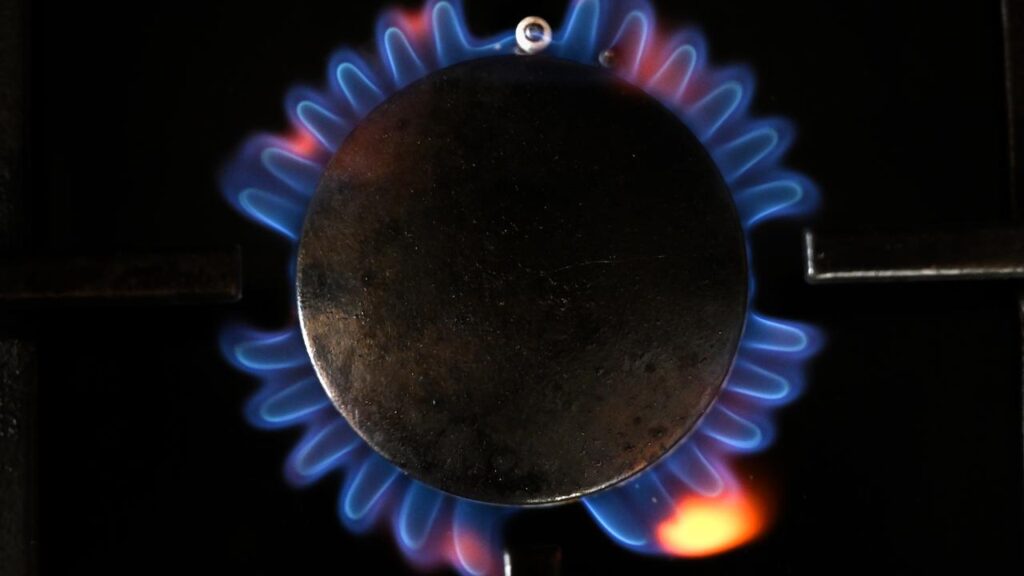Energy stocks surge on Middle East conflict
Adrian Black |

The Australian share market is edging higher as conflict in the Middle East sends valuable oil and energy stocks higher.
The S&P/ASX200 rose 6 points, or 0.07 per cent, to 8,553.4 as the broader All Ordinaries gained 10.5 points, or 0.12 per cent to 8,781.1.
“With Iran striking back after Israel’s attacks, and the US mulling involvement, investors are bracing for further market impact from the conflict,” Moomoo market strategist Jessica Amir said.
“A broad risk-off mood is taking hold, as oil, defence and gold rise.”
Only four of 11 sectors were clearly in the green by midday, but a more than seven per cent rally in oil prices since the conflict began on Friday has sent Australian energy stocks more than six per cent higher in morning trade.
Futures in global benchmark Brent crude are trading above $US74 a barrel, their highest level since March.
The commodity’s price spike pushed Woodside four per cent but Santos was the top-200’s second-best performer, surging almost 12 per cent to $7.80 after receiving a $30 billion takeover bid from an Abu Dhabi oil giant and private equity group Carlyle.

But it was uranium play Paladin Energy that took out the top spot, up more than 15 per cent to $7.36.
Financials were weighing on the bourse, down 0.6 per cent as all the big four banks traded lower, led by a 1.1 per cent slip in Westpac shares.
Commonwealth Bank was doing the best of the banks, fading 0.3 per cent to $178.77.
The materials sector was mixed, with large cap miners Rio Tinto ( up 1.6 per cent), BHP (up 0.5 per cent) and Fortescue (up 0.7 per cent) pushing higher with only a modest uptick in iron ore prices.
Gold miners are predominantly trading lower, with Northern Star and Evolution each falling more than five per cent despite an uptick in gold prices over the weekend, as the surging oil price put pressure on extraction and transport costs.
And with no end to the Middle East conflict in sight, there are concerns crude prices could go higher.
While Iran only produces roughly 3.5 per cent of global crude supply, there are fears it could close the Strait of Hormuz, the primary route for multiple OPEC producers, IG Markets analyst Tony Sycamore said.
“The knock-on impact of higher energy prices is that they will slow growth and cause headline inflation to rise,” he said.
“While central banks would prefer to overlook a temporary spike in energy prices, if they remain elevated for a long period, it may feed through into higher core inflation as businesses pass on higher transport and production costs.”
Four major central banks, including the US Federal Reserve, are broadly expected to keep policy rates on hold when they meet this week, but the rising oil price and any resulting inflation could further restrict their ability to cut interest rates in the months ahead, which in turn weighs on companies’ ability to invest in growth.
The Australian dollar is buying $64.80 US cents, roughly on par with Friday at 5pm, when it traded at 64.76 US cents.
AAP